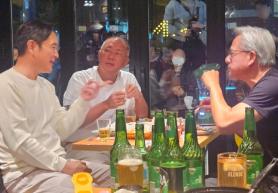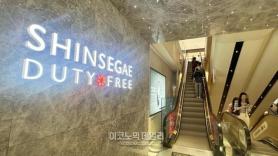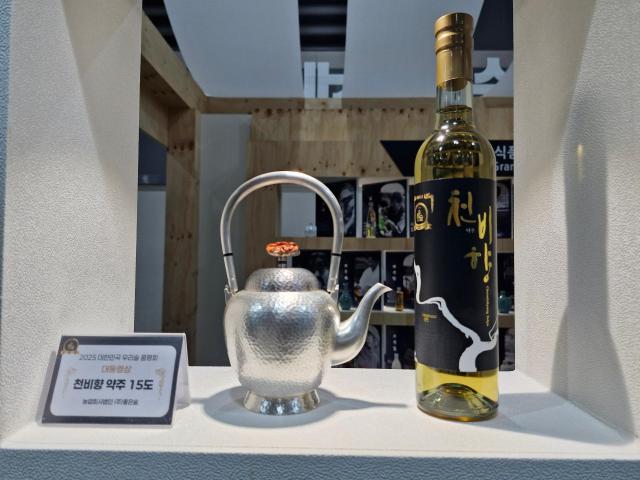
Authorities have finally moved to loosen regulations on traditional liquor tastings and wholesale licensing, but artisanal brewers find them fall short of their expectations on addressing the deeper structural barriers that prevent them from riding the rising K-food wave.
The National Tax Service (NTS), which oversees liquor policy, announced Tuesday that the annual tasting-sample quota for traditional liquor will increase to 11,000 liters from the current 9,000 liters starting January. Limits for makgeolli and fruit wines will also rise to 10,000 liters.
Under Korea's liquor tax law, "traditional liquor" refers to artisanal drinks made by designated holders of national intangible heritage or by using agricultural products sourced from local or adjacent regions. Korea's liquor categories broadly include makgeolli, rice wine, refined rice wine (cheongju), and soju.
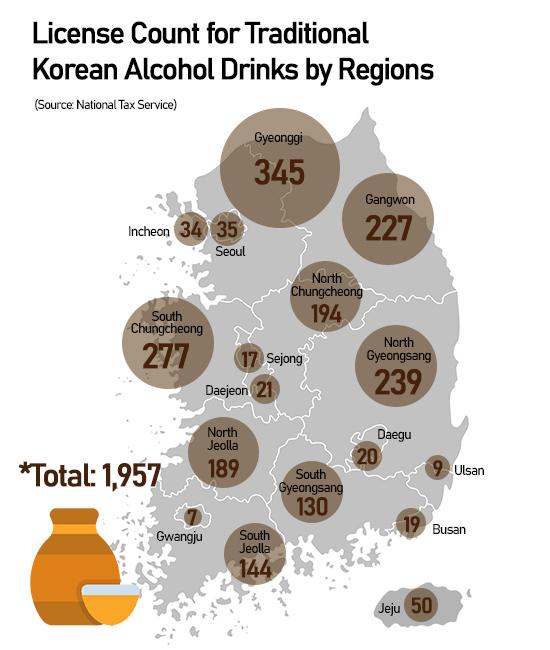
The NTS will also allow retail sellers to offer tastings at government-sponsored festivals and events, expanding beyond the current restriction that confines tastings to state-run promotional centers.
Officials say the revised wholesale-license rules better reflect the consumption patterns of tourism-heavy regions, where demand for alcohol far exceeds population-based quotas. Under the old standards, popular tourist destinations struggled to secure new licenses despite thriving markets.
"The National Tax Service will continue listening to industry voices and boldly improve regulations that do not match reality, becoming a strong supporter of revitalizing the domestic and international liquor industry," the agency said in a statement.
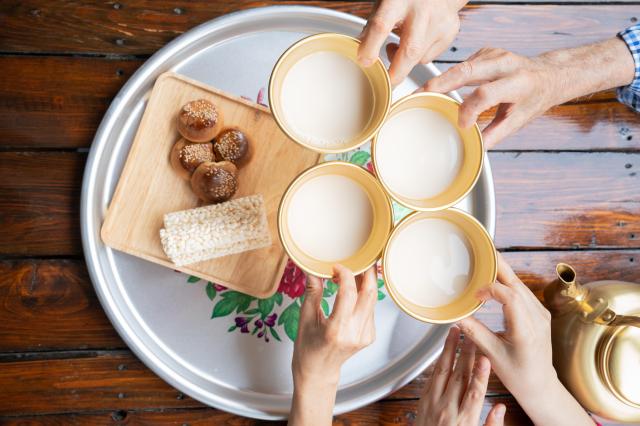
Other changes include doubling tax-label exemption thresholds to 1,000 kiloliters for fermented liquors and 500 kiloliters for distilled spirits. Small-scale brewers can also skip the requirement until the quarter following their initial licensing date.
Policymakers say the easing mirrors earlier deregulation that fueled the craft-beer boom. The government approvals in 2014 for small breweries to sell at external venues and in 2017 to supply convenience stores were widely credited for igniting rapid market growth.
But artisanal brewers argue the small tweaks in tasting quotas do little to strengthen their presence at promotional events.
"At exhibition halls and trade shows, people mostly taste and rarely make offline purchases," said Lee Ye-ryeong, CEO of Joeunsoul Brewery, whose Cheonbihyang Yakju refined rice wine won this year's presidential award. "For small breweries like ours, providing tasting samples alone incurs significant cost. Sometimes we use more bottles for tastings than we sell on-site."
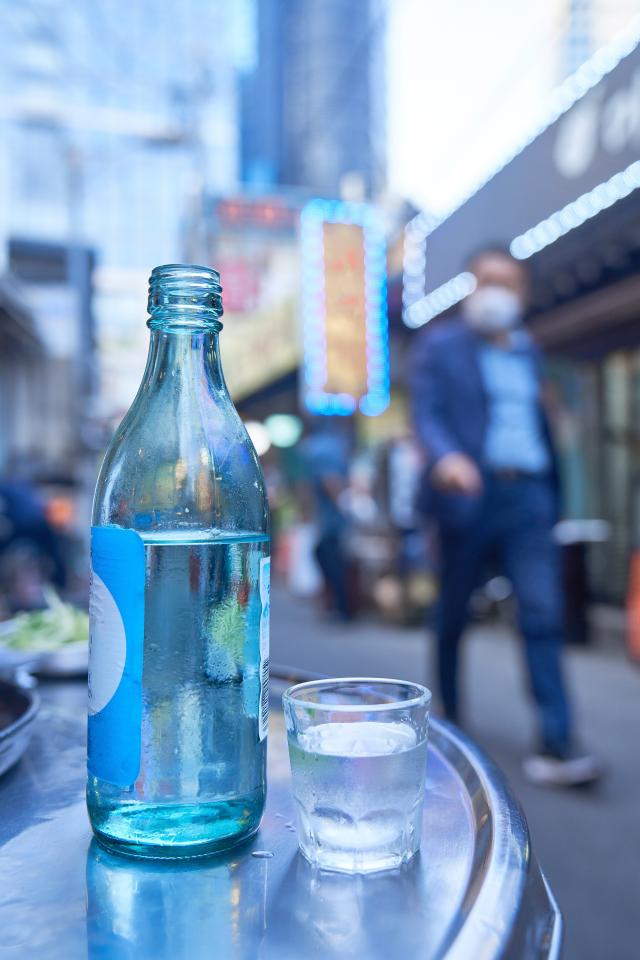
Brewers call for broader tax reform. Makgeolli is taxed at 44,400 won per kiloliter, while cheongju and soju are taxed ad valorem at 30 percent and 72 percent respectively — rates that weigh heavily on small distilleries.
Confusion also persists over ambiguous classification rules. Some celebrity-backed distilled spirits qualify as "traditional liquor" simply by meeting regional-ingredient requirements, while many popular makgeolli brands fall outside the legal definition altogether.
What are needed are practical steps, not gestures, said one brewer.
Copyright ⓒ Aju Press All rights reserved.


